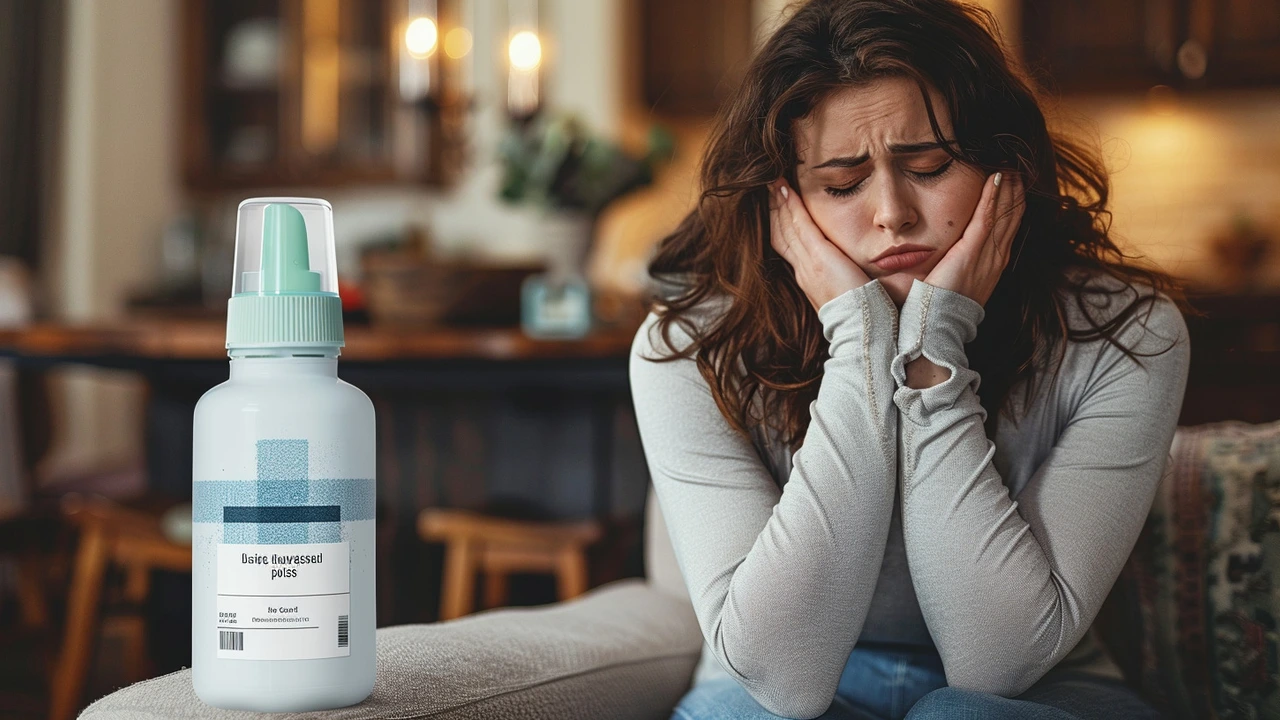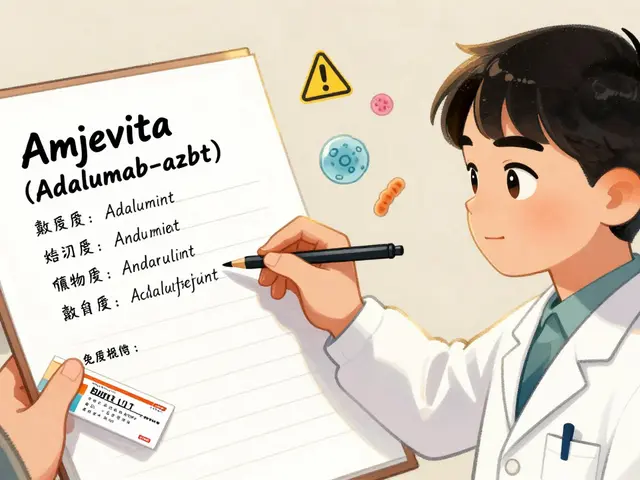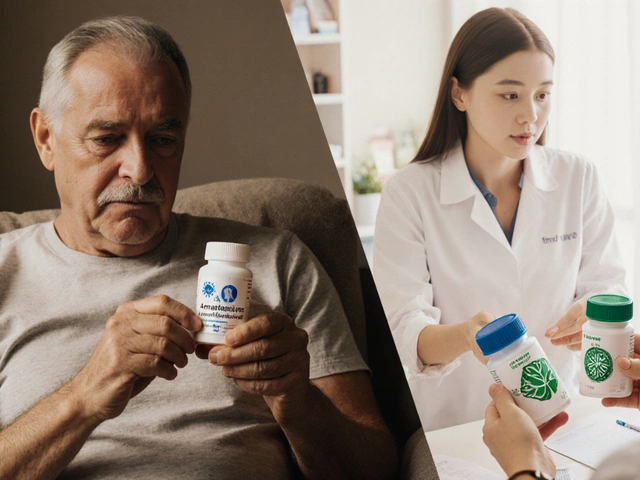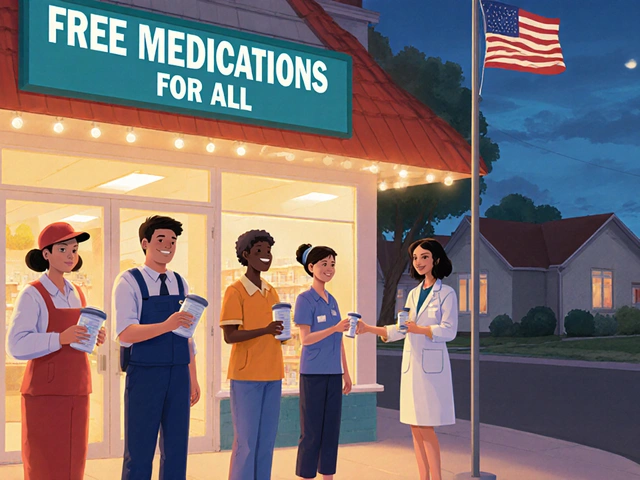Treatment-Resistant Depression: What It Is and How to Deal With It
Ever felt like your antidepressants just aren’t doing the job? That’s what doctors call treatment‑resistant depression (TRD). It means you’ve tried at least two different meds at proper doses, but mood stays low. Knowing why this happens is the first step to fixing it.
Why Standard Antidepressants Sometimes Fail
Many factors can block a medication’s effect. Genetics play a big role – some people process drugs faster, so the dose never reaches the brain in enough amount. Other times, other health issues like thyroid problems or chronic pain keep depression stubborn. Even lifestyle habits such as poor sleep or heavy alcohol use can sabotage treatment.
What to Try Next: Meds and Therapies That Work
If regular SSRIs aren’t helping, doctors often move to newer options. Augmentation with a low‑dose antipsychotic like aripiprazole, or adding lithium, can boost response. Another route is switching to a different class such as an SNRI or a norepinephrine‑modulating agent. For some, a short course of ketamine infusion or the nasal spray esketamine offers quick relief when other drugs fail.
Therapy isn’t just talk – specific techniques work well for TRD. Cognitive‑behavioral therapy (CBT) combined with mindfulness training helps rewire negative thought patterns. Interpersonal and social rhythm therapy focuses on daily routines, which can stabilize mood when meds fall short. Even exercise programs, especially moderate aerobic activity three times a week, show measurable improvements.
Don’t overlook the power of small changes. Cutting back caffeine, keeping a regular sleep schedule, and eating balanced meals with omega‑3 rich foods can enhance medication effectiveness. If you smoke or binge drink, seeking help for those habits often makes antidepressants work better.
When you’re stuck in a cycle of “tried everything,” consider a comprehensive assessment at a specialty clinic. They can run genetic tests (pharmacogenomics) that point to the drugs your body is more likely to respond to. Some clinics also offer transcranial magnetic stimulation (TMS), a non‑invasive brain treatment proven to lift mood in many TRD cases.
It’s normal to feel frustrated, but remember: TRD doesn’t mean hopeless. It just means you need a tailored plan that mixes meds, therapy, and lifestyle tweaks. Talk openly with your doctor about side effects, dosage concerns, and any new symptoms – the more info they have, the better they can adjust treatment.
Finally, keep hope alive by tracking progress daily. A simple mood diary or app can show subtle improvements you might miss otherwise. Celebrate small wins – a night of better sleep or a day with less anxiety. Those little victories add up and guide your next steps toward feeling like yourself again.

Esketamine Nasal Spray Outperforms Quetiapine in Latest Treatment-Resistant Depression Trials
In a landmark study, esketamine nasal spray has been found to be more effective than quetiapine in treating treatment-resistant depression, marking a potential paradigm shift in how this challenging condition is managed.
Detail




